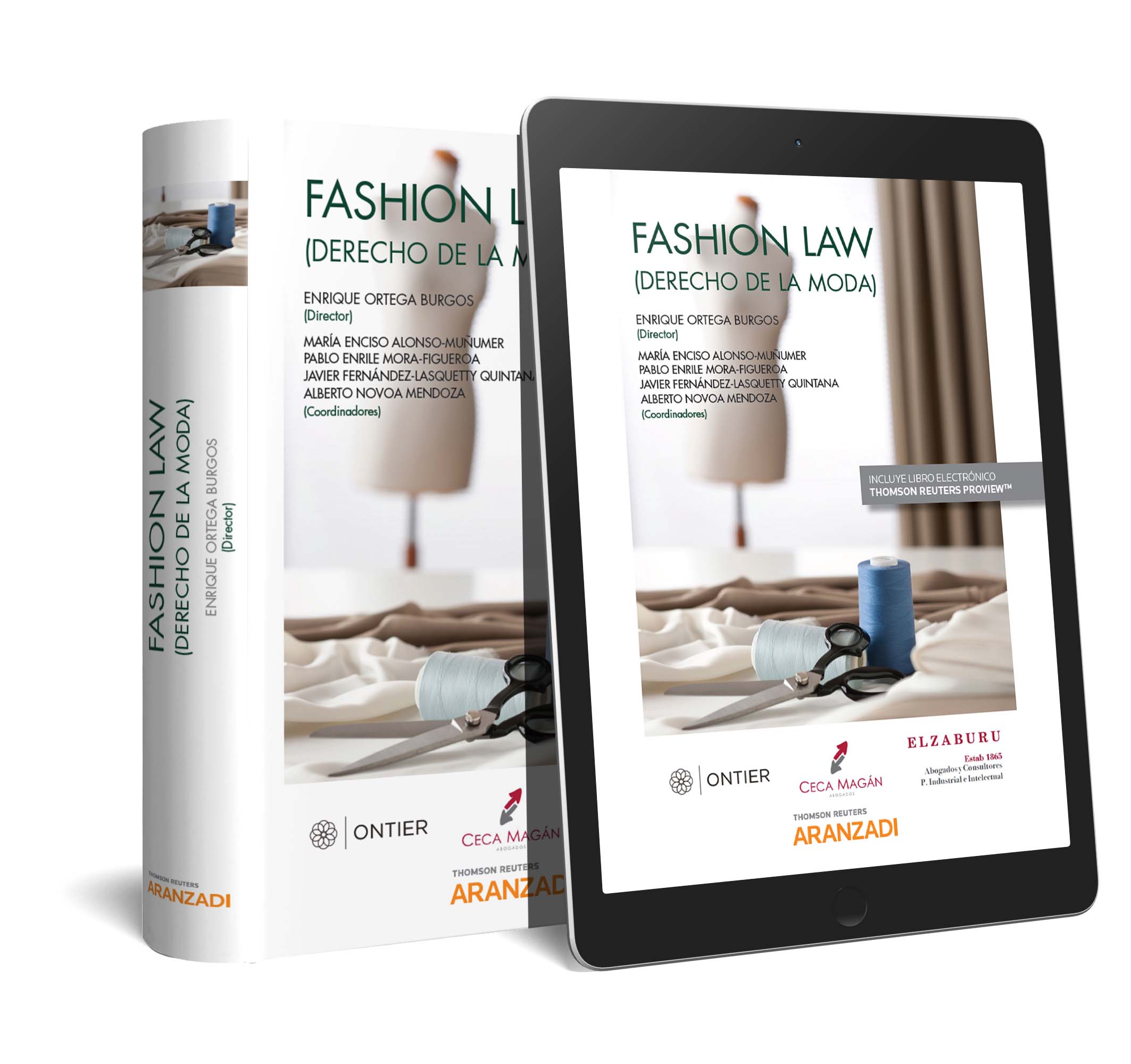 In a passionate controversy over wallets located in shopping carts, the Commercial Court No. 2 of Valencia has just ruled against the supplier of a major Spanish supermarket chain that had been replaced by another competitor (ruling 134/19 of May 6, 2019 in case PO764/2017).
In a passionate controversy over wallets located in shopping carts, the Commercial Court No. 2 of Valencia has just ruled against the supplier of a major Spanish supermarket chain that had been replaced by another competitor (ruling 134/19 of May 6, 2019 in case PO764/2017).
In this type of situation, it is common for tempers to flare up and for the fight to end up in court. Often the relegated supplier alleges infringement of a utility model and also unfair competition due to slavish imitation. The fact that Utility models are not subject to any type of substantive review in most European countries such as, for example, Spain and Germany, is a catalyst for this type of litigation. There is nothing to prevent you from obtaining an exclusive right over something that may be completely without merit. The functions of the State are thus transferred to the competitors, who bear the burden of proving the invalidity of the title.. Perhaps it would be more logical if said burden was borne by the owner, taking into account that he has obtained an exclusive right that has no greater basis than what he himself claims.
It has always been argued that this system offers SMEs a quick and relatively inexpensive way to protect their inventions, thus promoting innovation, and giving them access to the patent system. However, the usual thing is that the competitors of SMEs are precisely other SMEs that may be hindered in their development by not being able to afford legal proceedings. In any case, it should be noted that the system incorporates some limits and safeguards. The patent office can be requested to prepare a report on the state of the prior art, something that has become mandatory in Spain before starting legal proceedings. Unlike patents, German infringement courts can consider lack of validity by way of exception. In both countries it is possible to file an administrative opposition after the model has been granted, which represents a much lower cost than a judicial procedure.
In the present matter, The Commercial Court No. 2 of Valencia considered that the new wallets did not infringe the utility model invoked, which was declared void due to lack of inventive activity. Whether or not the closure was a slavish imitation was not relevant because Spanish legislation expressly allows imitation. The owner had not provided anything to prove that the imitation in question could interfere with the normal development of the market, for example, by causing confusion in the mind of the average buyer.
This resolution is based on the reiterated jurisprudence that supports the principle of free imitation. This principle is sometimes surprising to the manufacturer of the original product, who, in some way, usually harbors the idea that his “intellectual property” is automatically protected. However, the reason for a free market economy is precisely to generate a varied supply of similar products. Patents and other exclusive rights are an exception to this rule that can only be justified to the extent that they encourage innovation.
Author Colm Ahern
Visit our web page: http://www.elzaburu.com/





